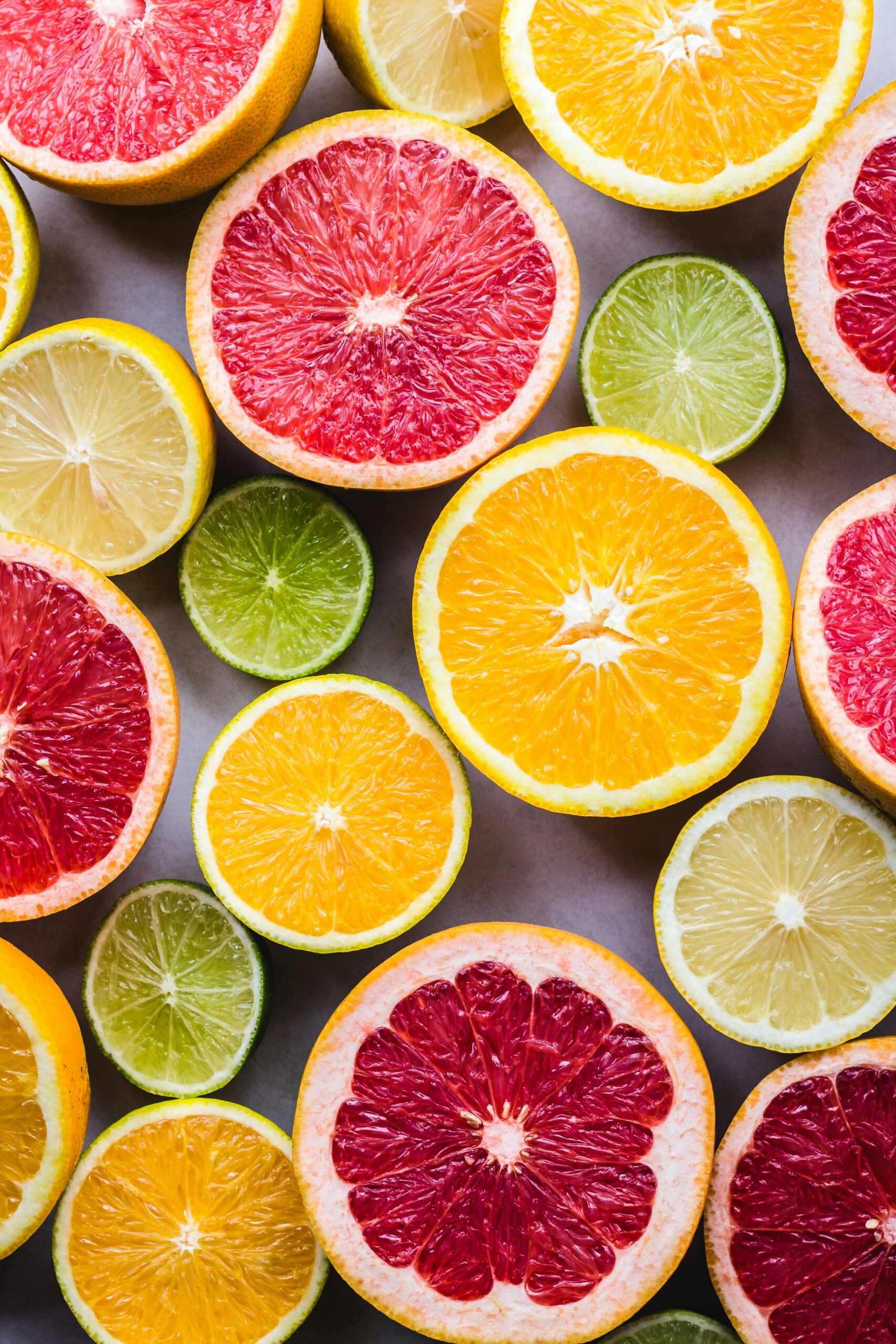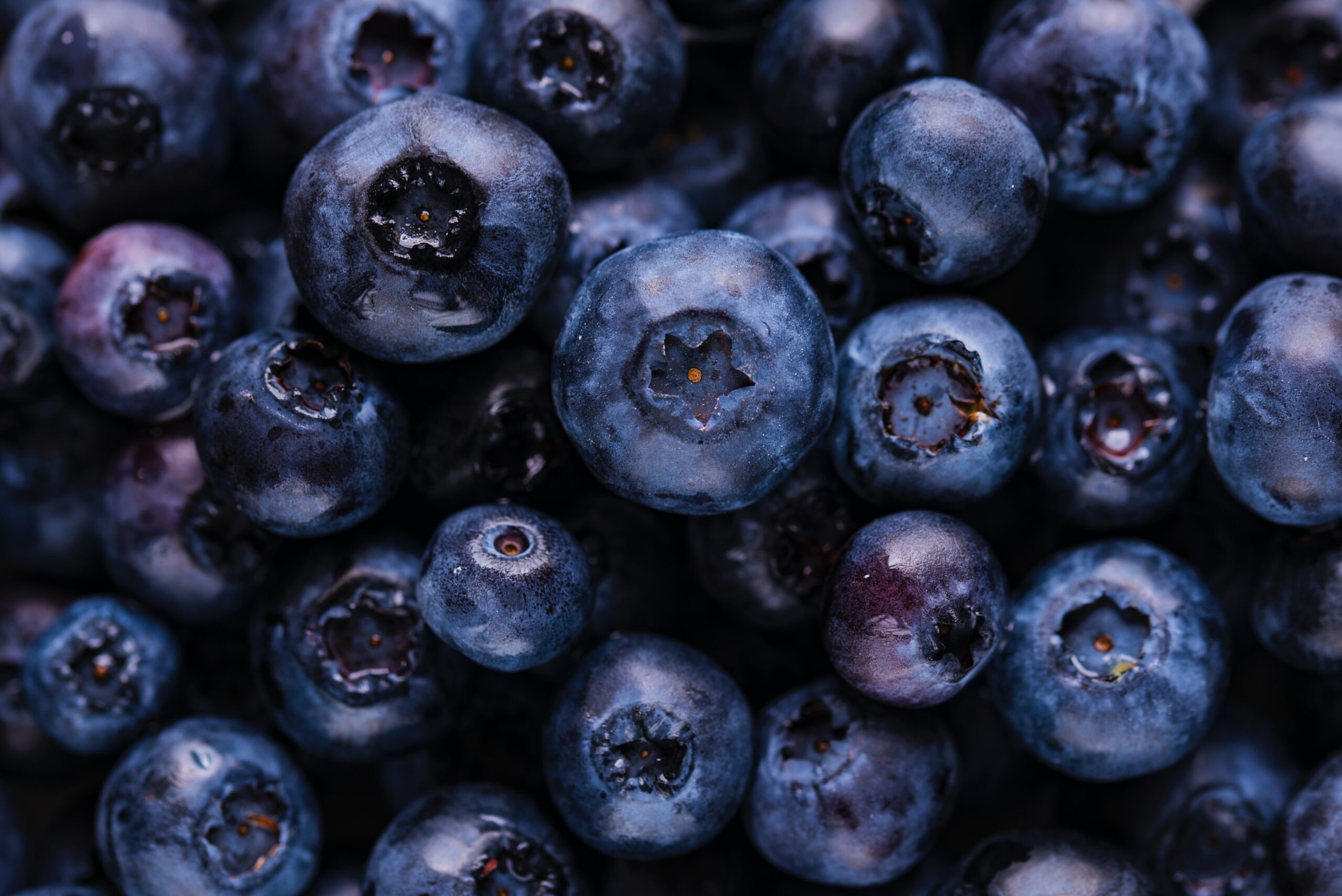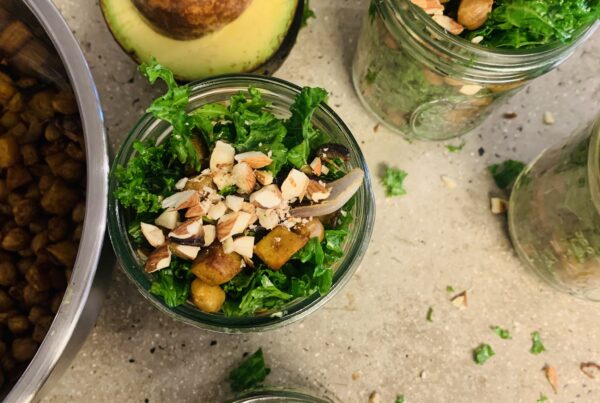More often than not, acid reflux is a result of a LOW ACIDIC stomach. The gastric environment should be the most acidic in the human body, reaching a pH of 1.5 to 1.7 on a scale from 1 to 14, with 1 being the most acidic.
Low acidity in the stomach impairs its capacity to function properly and serve its purpose: food breakdown. So WE WANT the stomach to produce gastric acid; otherwise, it could lead to several digestive and nutritional issues over time.
In the human body, pH matters because it triggers bodily functions such as the secretion of gastric acid, hormones, and enzymes. Your body reads the pH and understands a task must be completed. This is especially true for the digestive system. When the stomach reaches the proper pH to break down food, a series of events occur in the body, allowing food to be broken down, digested, and absorbed by other digestive organs to reach its final destination: the cells, which make the energy you need every day.
The Reflux of Stomach Acid
One of the events happening in the human body during digestion is the functioning of the esophageal sphincter, which works as a valve keeping the stomach contents from going up the esophagus and causing discomfort, or in severe cases, ulcers. The valve doesn’t work properly when the stomach pH is not acidic enough or diet habits weaken the mechanism. In both cases, the opening of the valve is what initiates acid reflux.
How to Support the Health of Stomach Acid and the Functioning of the Esophageal Valve
- Go easy on coffee: It weakens the valve. So does chocolate!
- Stress: Chronic and unmanaged stress impairs the stomach’s ability to make acid. This is related to your parasympathetic system and its connection to digestion.
- Medication: Some impair the functioning of the valve, and others, like over-the-counter acid blockers, impair the production of acid. The prolonged use of them can cause future complications.
- Ultra-processed foods, especially fatty foods: They lack nutrients and burden the digestive system, disrupting the entire series of events that must happen for proper digestion.
- Dehydration: Water is a main component of gastric acid. Dehydration disrupts its production and the integrity of the mucosal barrier in the stomach, an important barrier that protects the walls from the acid.
- Warm lemon water: It stimulates the production of stomach acid, setting it up for proper digestion.
Simple changes can aid downstream symptoms like gas, bloating, and constipation that originate upstream in the stomach or elsewhere. There are more ways to support healthy digestion. Check my article “Simple Ways To Support Digestion” to learn a little more about it. A gastroenterologist should be able to answer your questions and a nutritionist can help you implement diet adjustments.
Beyond Food Breakdown
Other than playing a crucial role in food breakdown, particularly of proteins, and in the absorption of key nutrients like iron and B12, the stomach also serves as the first line of defense against foodborne illnesses. Its acidity kills bacteria, viruses, and other invaders, preventing them from entering the body with the foods we consume. Low acidity compromises this line of defense, leaving your immune system more work to do, which is a busy system that can use the support of other organs. Everything is connected!
Takeaway
Consider how you can support your long-term stomach and digestion health, rather than only opting for short-term symptom relief solutions. It will certainly bring improvements to your overall health.
We all deserve to feel at our best!



